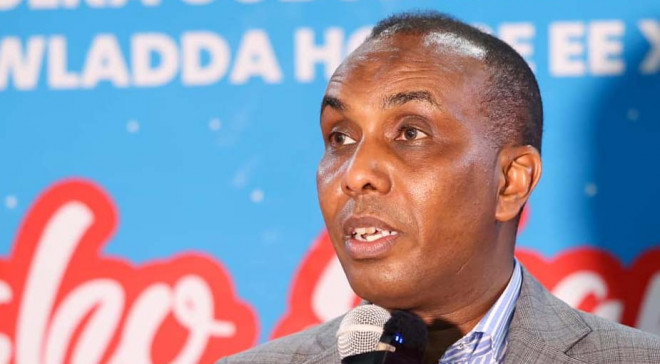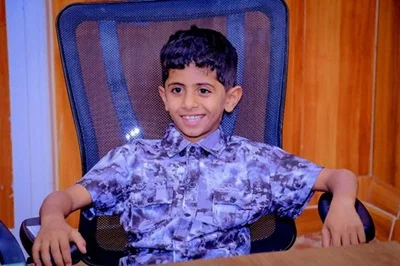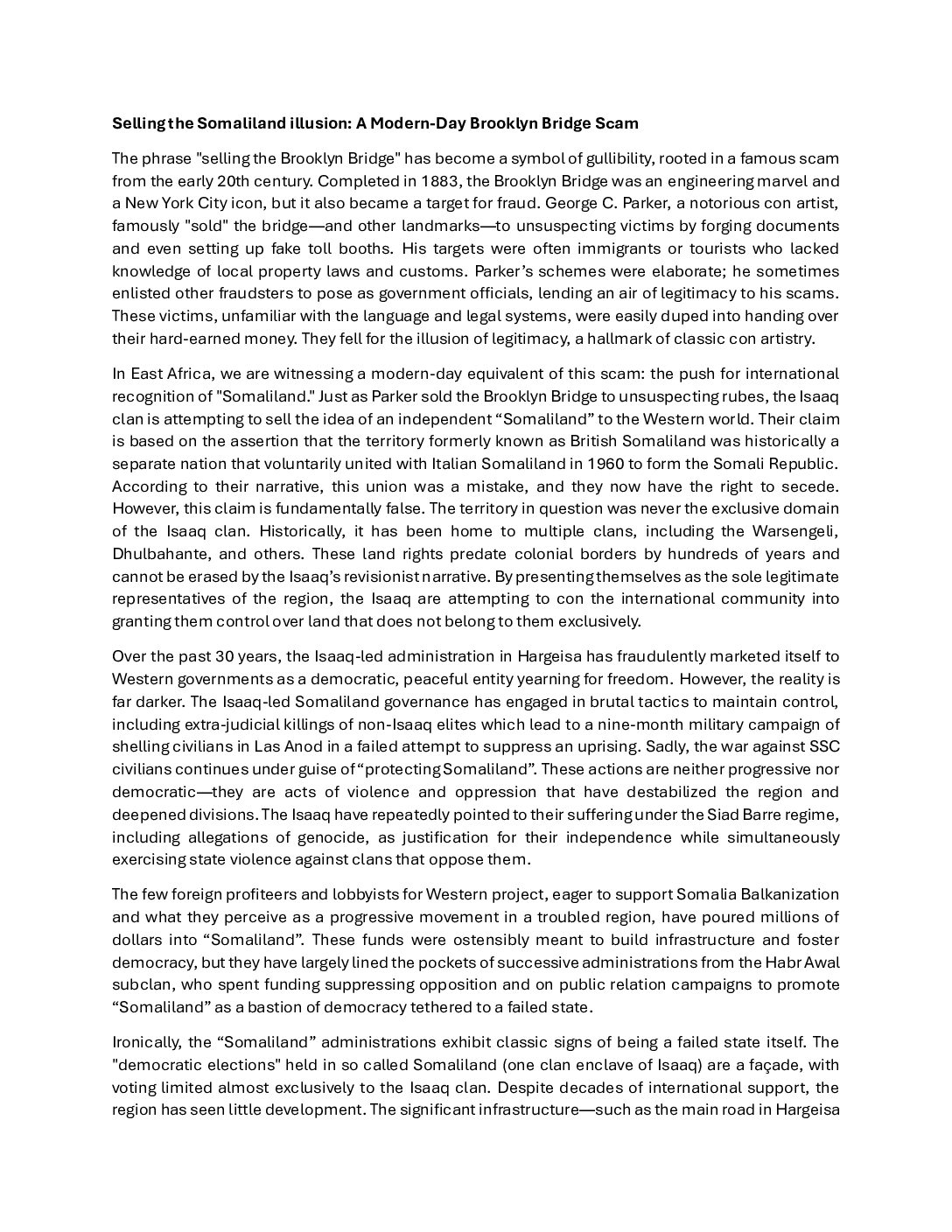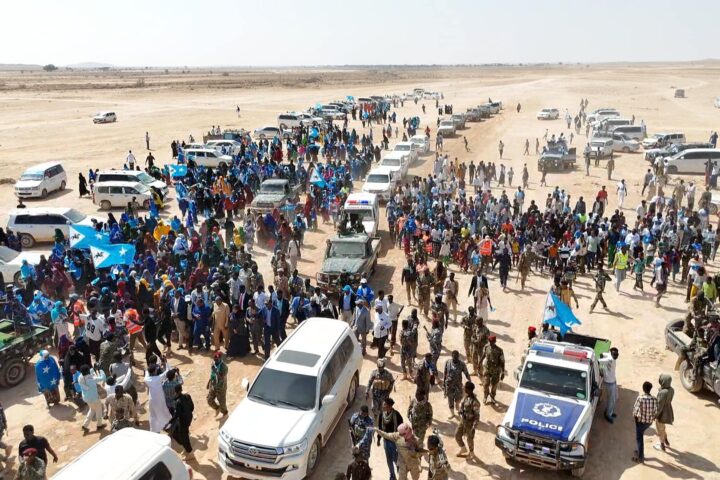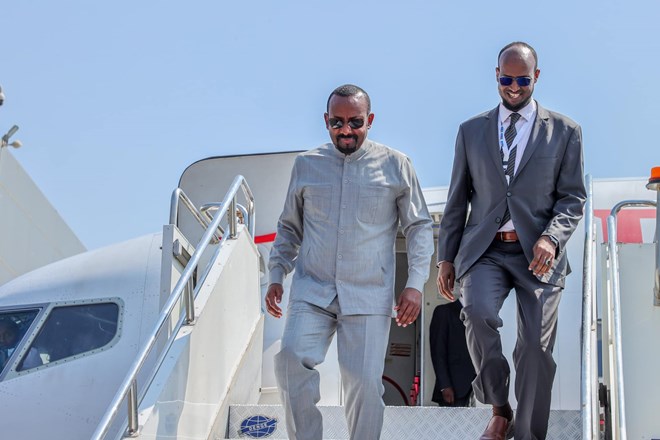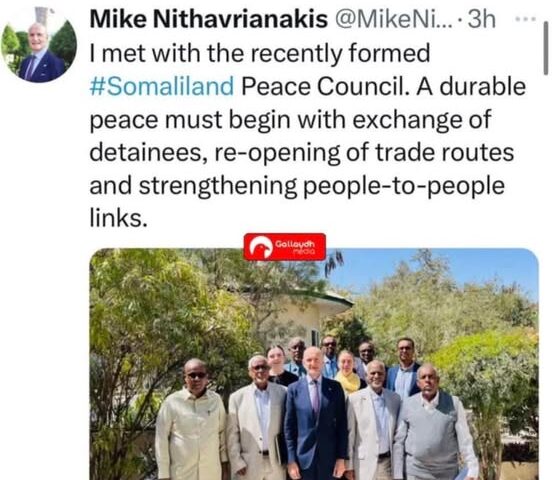On Thursday, Jubaland’s parliament will pick its new leadership, including a parliamentary speaker and two deputy speakers. Candidates are articulating their programs, followed by voting and the inauguration of the victors. The election signifies a crucial advancement before Jubaland’s presidential vote set for November 25, as the area progresses with its electoral timeline despite federal dissent.
Dr. Mursal Siyad Mohamed, Chairperson of Jubaland’s Boundary and Electoral Commission, said that preparations are proceeding as scheduled. “These elections are essential for maintaining stability and continuity in Jubaland’s governance,” he added, rejecting federal accusations as politically driven.
Mogadishu has vehemently rejected Jubaland’s plan to hold independent polls, underscoring the need for a cohesive national electoral process overseen by a centralized body. The federal government asserts that a one-person, one-vote system is essential for promoting accountability and national unity.
Somalia’s foreign allies have also raised concerns about the rising tensions between the Federal Government of Somalia (FGS) and Jubaland State, urging for immediate de-escalation and a return to productive discussion.
Jubaland President Ahmed Mohamed Islam, often referred to as Ahmed Madobe, asserts that the federal government is exceeding its authority. Earlier this year, he established an independent election commission, which Mogadishu denounced as illegitimate, referencing Madobe’s lapsed authority. Jubaland, in response, cut relations with the federal administration, accusing it of weakening regional autonomy and failing to assist essential security operations.
Political observers believe that the election conflict underscores profound concerns over power-sharing between Somalia’s federal government and its constituent states. “This is not just about elections,” said political expert Mohamed Mukhtar. “It’s about defining the boundaries of federal and regional authority, an issue that has long plagued Somalia’s governance.”
Jubaland officials have consistently questioned the practicality of a one-person, one-vote system, citing persistent security problems. President Madobe has also rejected term extensions for regional leaders, accusing Mogadishu of exploiting election changes as a cover for centralizing authority.
The present impasse resembles earlier issues, including Jubaland’s contentious 2019 presidential election, which saw Madobe re-elected against federal government opposition. Mediation attempts by Kenya and other entities have so far achieved little progress.
Observers think Jubaland’s leadership, under Madobe’s seasoned command, is likely to preserve its autonomy as it has in prior clashes. “Madobe has consistently navigated federal resistance with strategic finesse,” Mukhtar noted.

